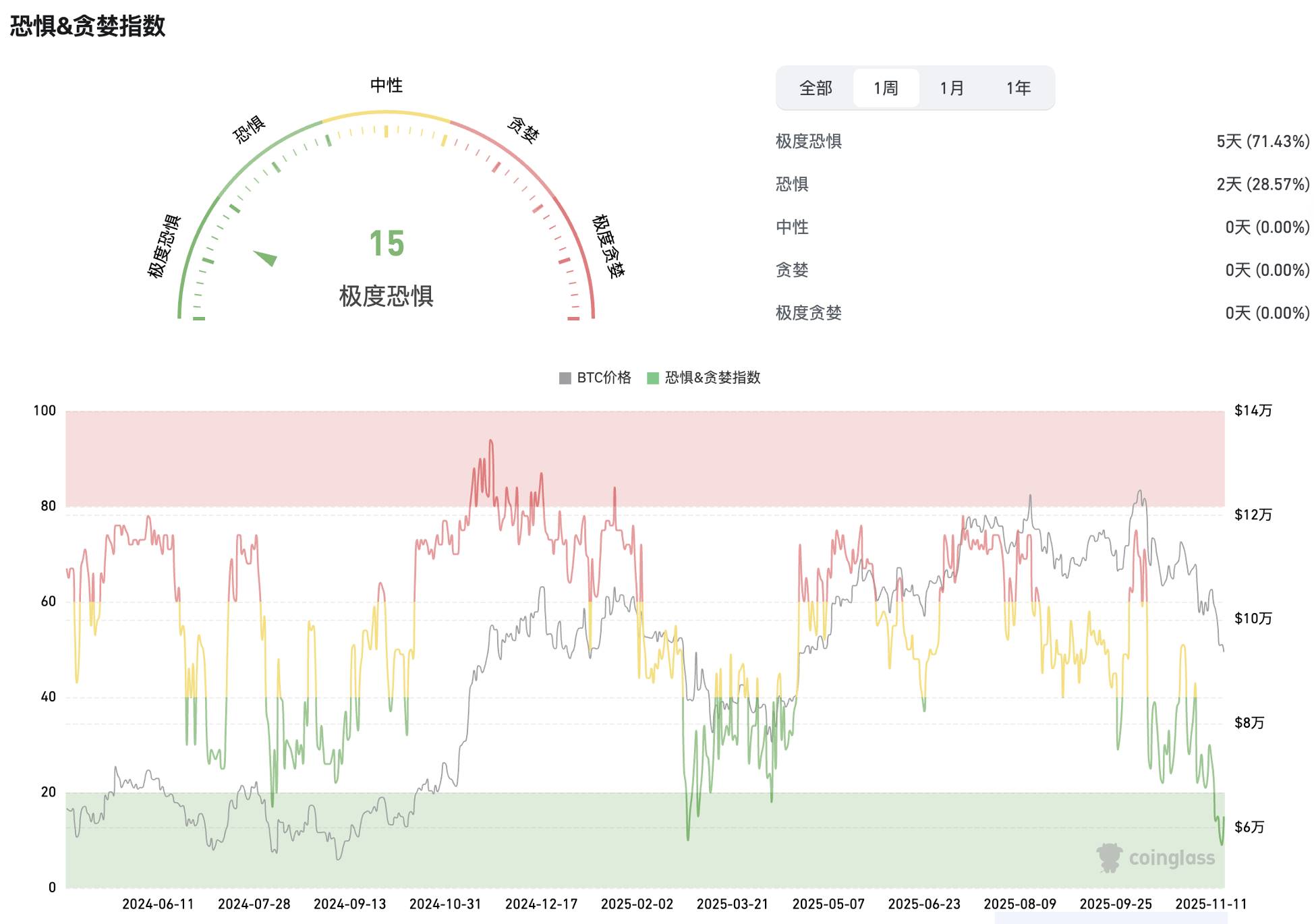Morgan Stanley (MS.US) requests the Federal Reserve to lower bank capital requirements; the decision will be announced by September 30.
According to Jinse Finance APP, the Federal Reserve, when announcing the upcoming capital requirements for most Wall Street banks (which are largely in line with banks’ expectations), revealed that Morgan Stanley (MS.US) has requested a reduction in its capital requirements. In a statement released on Friday, the Federal Reserve said, “Morgan Stanley has applied for a reconsideration, seeking to lower this requirement,” and “the Board is evaluating the company’s application to reduce the Stress Capital Buffer (SCB) requirement and plans to make a decision and announce it by September 30.”
This statement from the Federal Reserve officially concludes the annual stress test process—a multi-step procedure designed to assess the risk resilience of large U.S. banks under hypothetical economic scenarios. The test ultimately updates the Common Equity Tier 1 (CET1) capital ratio requirement for each bank, which will take effect on October 1.
“Morgan Stanley is actively communicating with the Federal Reserve in hopes of determining the final Stress Capital Buffer requirement before October 1,” the New York-based bank said in a statement.
The Federal Reserve did not specify the extent to which Morgan Stanley requested a reduction in capital. Last month, Morgan Stanley stated that, based on the stress test results, it expects its CET1 capital ratio requirement to decrease from the current 13.5% to 12.6%.
A total of 22 banks, including Morgan Stanley, participated in this year’s Federal Reserve stress tests, and all passed easily—the results showed that these banks could still withstand losses of over $550 billions. The capital requirements announced on Friday, which are linked to the test, consist of several components, including a uniform minimum CET1 capital ratio requirement of 4.5% for all banks, as well as the Stress Capital Buffer requirement. In addition, top institutions designated as “Global Systemically Important Banks” must also meet additional capital surcharges.
This Federal Reserve statement comes as the banking industry awaits the final outcome of reforms to the stress testing process. In April this year, the Federal Reserve released a proposal to use a “two-year average of results” when setting capital requirements. Michelle Bowman, Vice Chair for Supervision at the Federal Reserve, previously stated that such potential reforms would help the Fed address the issue of “excessive volatility in stress test results and corresponding capital requirements.”
“The capital requirements for each bank announced today reflect the transitional nature of the current period,” Bowman said in the statement, adding that finalizing the reform proposal put forward in April would be an important next step in “reducing year-on-year volatility in bank capital requirements.”
In addition, the Federal Reserve also announced plans to lower the Enhanced Supplementary Leverage Ratio (ESLR)—a ratio that requires banks to hold a certain amount of capital based on asset size. At the same time, the Federal Reserve will advance a new “risk-based capital plan” proposal, which is something Wall Street has long advocated for.
Disclaimer: The content of this article solely reflects the author's opinion and does not represent the platform in any capacity. This article is not intended to serve as a reference for making investment decisions.
You may also like
Weekly Crypto Market Watch (11.10-11.17): Extreme Market Panic, Privacy Sector Stands Out
Last week, both the open interest and trading volume of altcoin contracts on exchanges declined, reflecting a continued lack of liquidity following the sharp drop on October 11.

Multiple grand rewards are coming, TRON ecosystem Thanksgiving feast begins
Five major projects within the TRON ecosystem will jointly launch a Thanksgiving event, offering a feast of both rewards and experiences to the community through trading competitions, community support activities, and staking rewards.

Yala Faces Turmoil as Stability Falters Dramatically
In Brief Yala experienced a dramatic 52.9% decline, challenging its stability. Liquidity management emerged as a critical vulnerability in stablecoins. Investor skepticism deepened despite major fund support.

